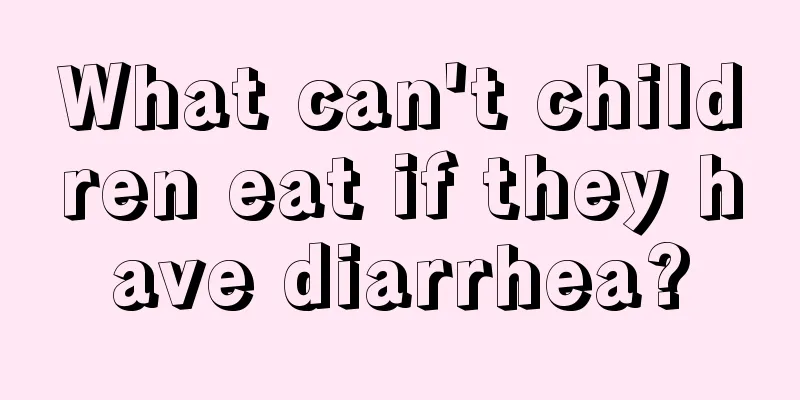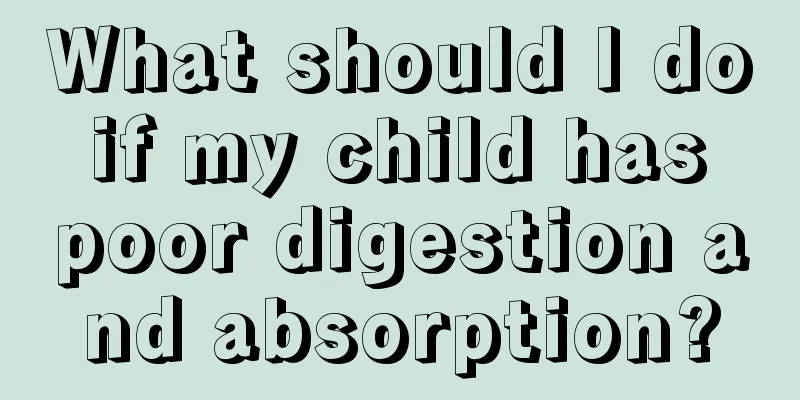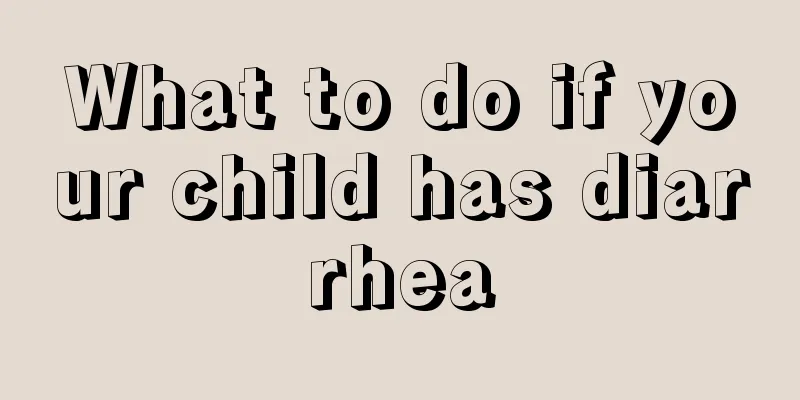What to do if your baby has acute laryngitis

|
Acute pharyngitis in children is one of the more common diseases in clinical practice, especially when the children are 6 months to 3 years old. At this time, the immunity of children is very low. If you don’t pay attention, it is very easy to cause diseases such as colds and pharyngitis in children. However, many parents and friends do not know the symptoms of pharyngitis in children. Now let’s analyze it in detail. Acute laryngitis in children is common in infants and young children aged 6 months to 3 years. Due to the anatomical characteristics of the larynx in children, the laryngeal cavity is narrow, the laryngeal cartilage is soft, the lingual surface of the epiglottic cartilage, arytenoid cartilage, arytenoid epiglottic folds, ventricular band and subglottic submucosal tissue are loose, and the mucosal lymphatic vessels are rich. After inflammation, swelling and laryngeal obstruction may occur. Children do not have a strong cough function, and it is not easy to expel laryngeal and lower respiratory tract secretions, which aggravates breathing difficulties. Therefore, the condition of acute laryngitis in children is often more serious than that of adults. If not diagnosed and treated in time, it may be life-threatening. diagnosis Medical history: It is more common in young children, with acute onset. Symptoms: There may be varying degrees of fever, hoarseness, barking cough and inspiratory stridor. The symptoms are milder during the day and worsen at night due to relaxation of the throat muscles and blockage of secretions after falling asleep. Signs: 1. It is more common in young children and has an acute onset. 2. There may be varying degrees of fever, hoarseness, barking cough and inspiratory stridor. 3. The throat is congested, the false vocal cords are swollen, and the subglottic mucosa is swollen in a fusiform shape. 4. The symptoms are milder during the day, but worsen at night due to relaxation of throat muscles and blockage of secretions after falling asleep. 5. Laryngeal obstruction is divided into the following 4 degrees: Grade I: The patient is like a normal person at rest. Inspiratory stridor and dyspnea only occur after activity. Lung breath sounds are clear and the heart rate does not change. Grade II: Laryngeal stridor and inspiratory dyspnea occur even at rest. Laryngeal conduction sounds or tubular breath sounds may be heard upon auscultation of the lungs, and the heart rate is relatively fast. Grade III: In addition to the symptoms of grade II laryngeal obstruction, the patient becomes irritable, has cyanosis of the lips, fear and sweating due to lack of oxygen. Auscultation of the lungs reveals significantly reduced breath sounds, dull heart sounds and an accelerated heart rate. Grade IV: After struggling with breathing difficulties, the patient gradually becomes exhausted and drowsy. Due to the inability to breathe, the patient is temporarily quiet and the three-depression sign is not obvious. However, the face is pale and gray, and the breath sounds on lung auscultation almost disappear. Only tracheal conduction sounds are heard, the heart sounds are dull, and the heart rate is either fast or slow and irregular. Physical examination: congestion in the throat, swelling of the false vocal cords, fusiform swelling of the subglottic mucosa, laryngeal striae and inspiratory dyspnea may sometimes occur depending on the severity of the lesion, and laryngeal conduction sounds or tubular breath sounds may be heard by auscultation of the lungs. Parents should also pay attention to observe the baby's condition at ordinary times, whether there are problems such as coughing or high fever, and whether there are some reasons when crying. Generally, timely treatment at the best time will not affect the child's health. |
<<: What are the causes of vaginitis in children?
>>: Why does a one-year-old baby toss and turn when sleeping?
Recommend
What to do if your child has swollen abdominal lymph nodes
Some children have health problems, so they need ...
How old can a child be to learn Taekwondo?
Nowadays, parents pay more and more attention to ...
What to do if your child is introverted
Everyone has his or her own personality. When we ...
What to do if a 2-year-old has vomiting and fever
Children are little angels given by God to their ...
What are the symptoms of roundworms in children?
When children come into contact with some unclean...
Symptoms of nasal hypertrophy in children
Children’s health is the most important issue for...
What can’t babies eat before they are one year old? Remember these taboos
Parents should not feed their children foods that...
Why is there blood in the child's stool?
Poop is our main channel for excretion, and it al...
What to do if your child has cavities
Nowadays, many children have cavities at a young ...
What's wrong with children not looking like their parents?
It is a very normal phenomenon for a child not to...
The hazards of mycoplasma infection in children are actually these 4
It is well known that mycoplasma infection in chi...
Three month old baby always bites his lips
Many parents are very distressed that their three...
Newborn baby's stool is a little green
Newborn babies are always breastfed, so they alwa...
What are the causes of systemic lupus erythematosus in children?
Today we learned about a disease called systemic ...
How many teeth do children usually replace?
When each of us was a child, we all went through ...









